Palestinian govt. urges intl. pressure on Israel to reopen Gaza's sole commercial crossing
The Palestinian government has called on the international community to put pressure on Israel to reopen the Karim Abu Salem crossing for commercial goods, as Israeli authorities tighten the decades-long siege on the Gaza Strip.
Palestinian Minister of National Economy Khaled Asili urged the international community to “put pressure on the Israeli occupying regime to cancel the collective punishment of preventing the marketing of Gaza Strip products in the West Bank.”
He described the Israeli decision as “unjust” which “adds to the collective punishment policy pursued by the Israeli occupying regime since 2007.”
The Palestinian minister pointed out that the Israeli siege on the Gaza Strip “has caused a profound humanitarian and economic crisis.”
Karim Abu Salem is the only commercial crossing used for the entry of goods, aid and fuel from Israel into Gaza.
Elsewhere in his remarks, the minister held the Israeli regime responsible for “the repercussions of this decision, which inflicts heavy losses on the private sector and its various components, and deprives merchants, farmers and manufacturers of the ability to market their products, disrupting production and employment.”
The Israeli authorities suspended all exports from the besieged coastal territory as of Tuesday, until further notice, under the pretext of an attempt to “smuggle explosive materials” through the crossing.
Karam Abu Salem is one of three main Gaza border crossings with Israel and Egypt, where most basic goods pass through daily, including much-needed fuel and gas.
It is also the only commercial crossing into Gaza, through which construction materials, goods, fuel and foodstuffs that the besieged area needs are brought in. Its closure is a major blow to the Palestinians in Gaza.
The regime brought the Gaza Strip under land, aerial, and naval blockade in June 2007.
In recent years, the territory has been receiving its bare essentials through the Kerem Shalom crossing as well as two others, including one with Egypt, which is being strictly controlled by the government in Cairo.
Israel’s crippling siege of Gaza has turned it into the world's largest open-air prison and left many of its people destitute.
As a result of the siege, unemployment levels in Gaza are among the highest in the world, and as many as 1.3 million out of the 2.1 million Palestinians in Gaza (62 percent) require food assistance as well, according to the United Nations Office for the Coordination of Humanitarian Affairs (OCHA).
Israel has also launched three major wars on Gaza since 2008.
In the most recent major bombardment campaign, the Tel Aviv regime launched a campaign of deadly bombings against the Gaza Strip on May 9 this year, killing dozens of Palestinians, including five of the Islamic Jihad's commanders.
The resistance group responded by firing over 1,000 rockets toward Israel.
Qassam Brigades: Over 10 Israeli troops killed in north Gaza within 72 hours
Russia says Ukraine attacked its infrastructure of gas pipeline to Turkey
Iran, Russia to sign strategic partnership deal on Friday: Kremlin
At least 13 Israeli troopers killed, injured in retaliatory op in northern Gaza
Iraqi FM warns against reemergence of Daesh terrorists in Syria
Extremist minister says seeking to settle one million Israelis in West Bank
Ex-State Dept. officials confirm US bombs used in children massacres in Gaza
Iran FM to attend Security Council session on Gaza in New York


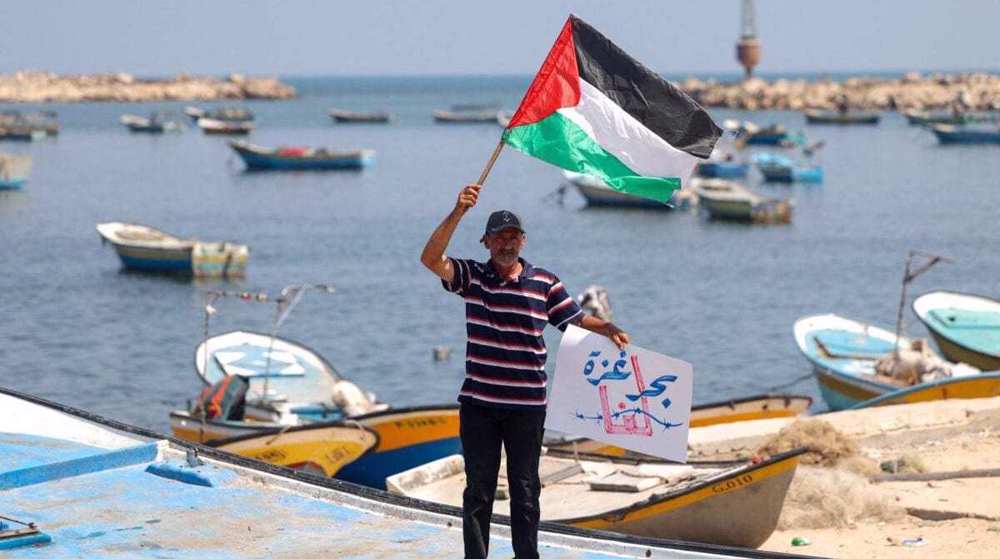
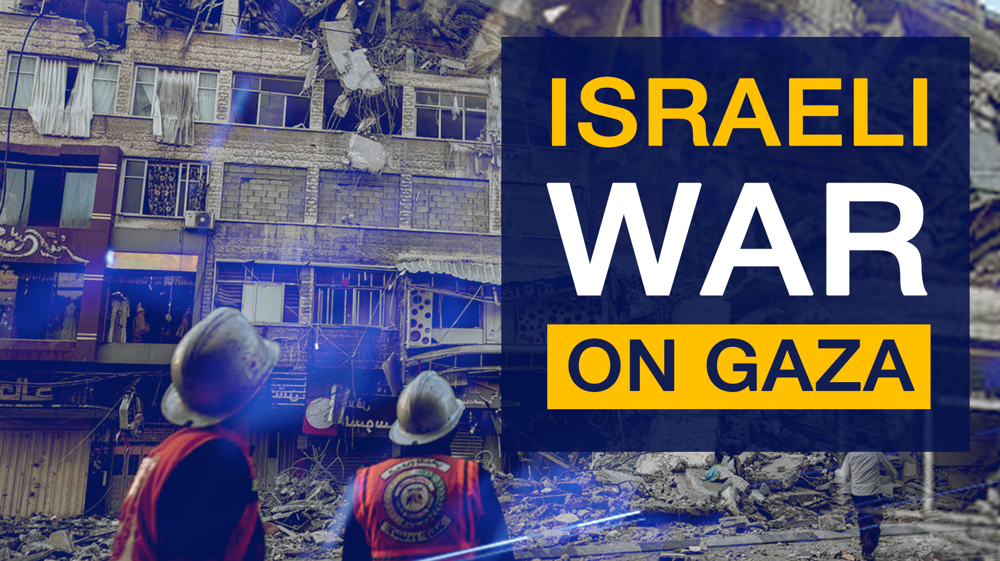
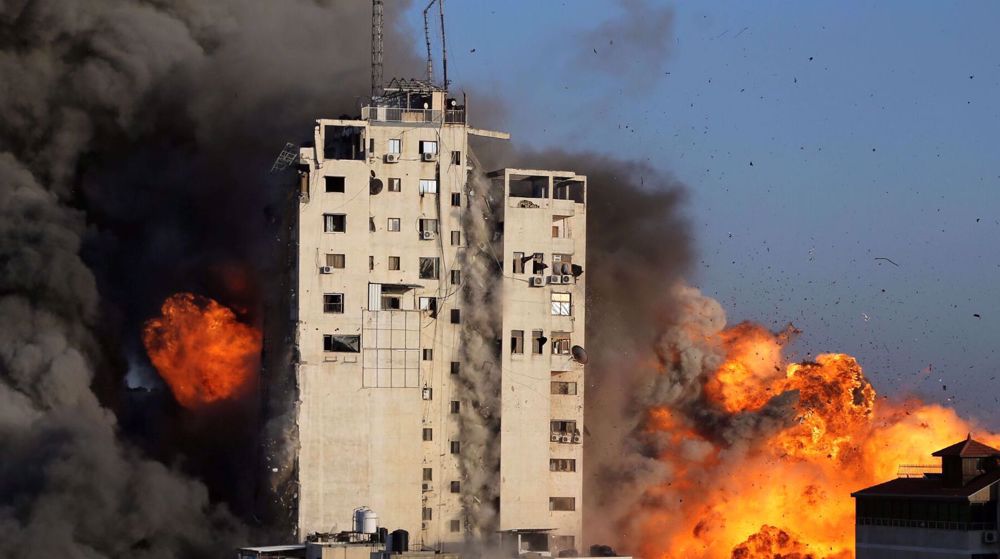


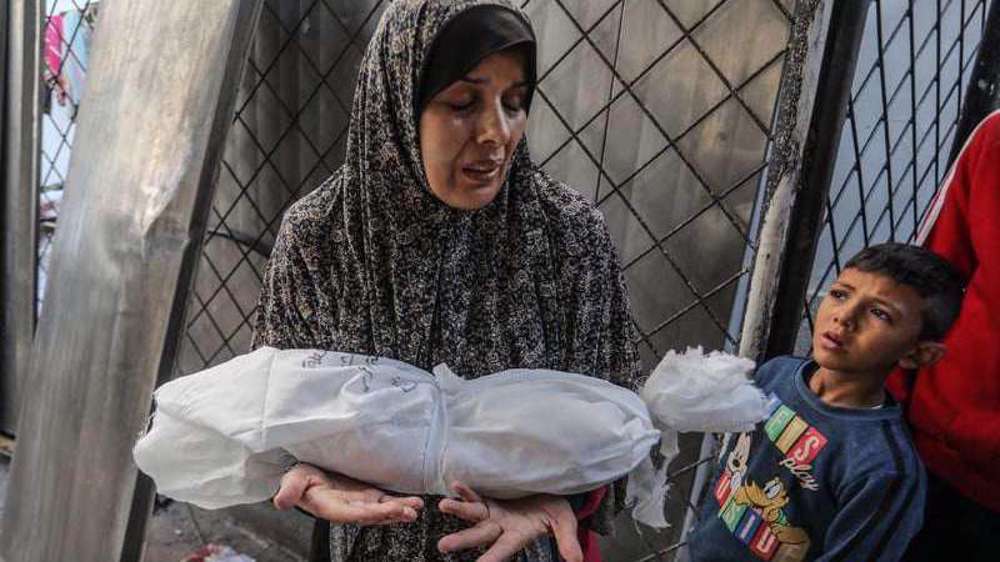



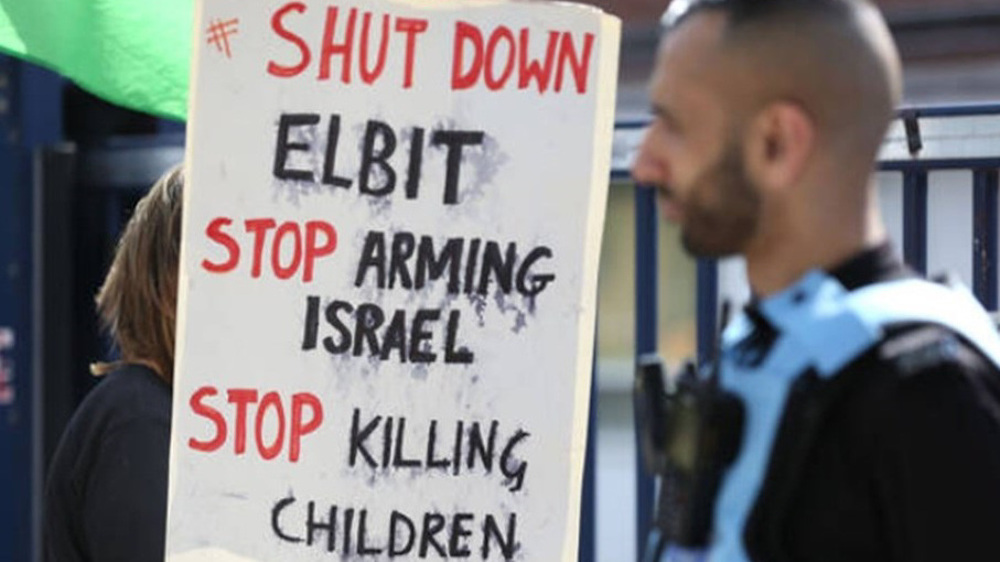
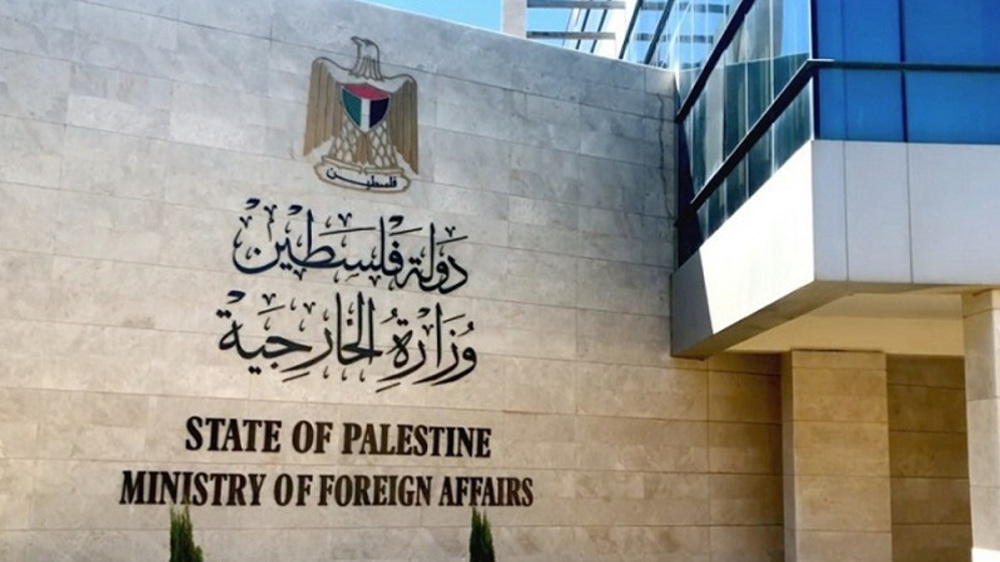
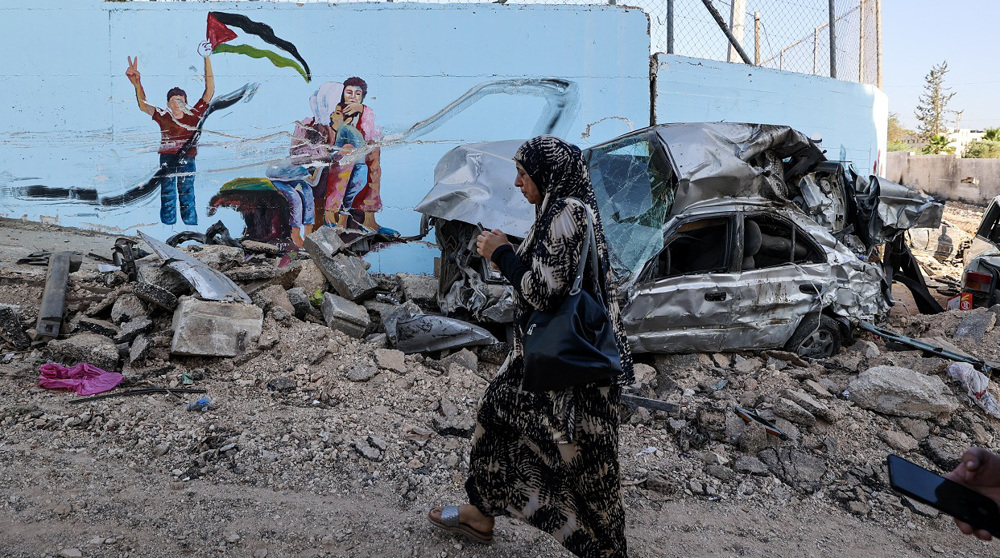
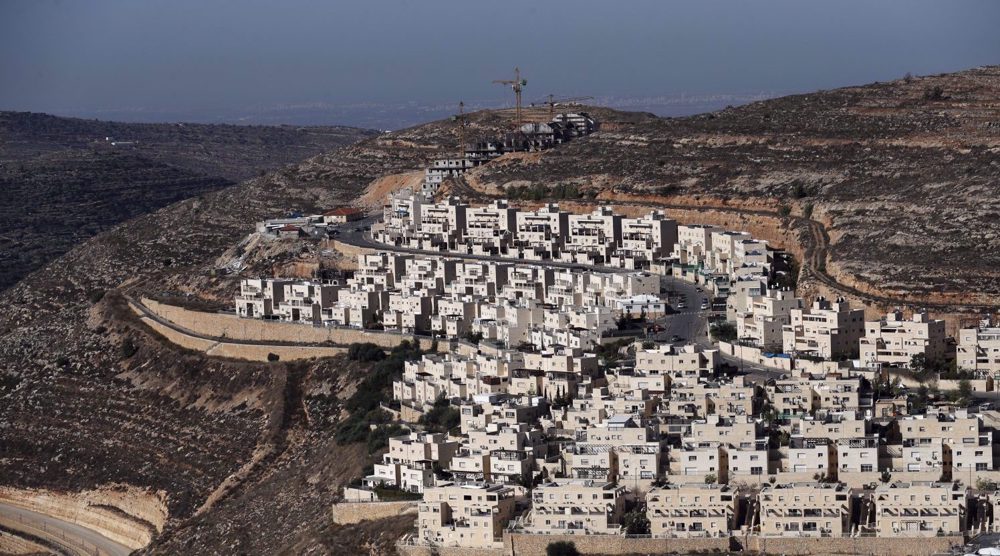

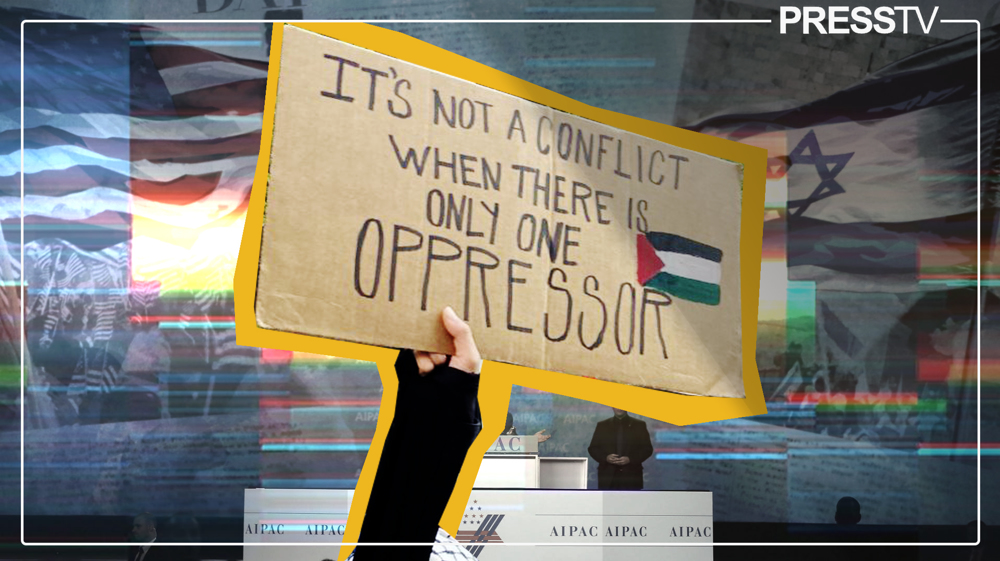

 This makes it easy to access the Press TV website
This makes it easy to access the Press TV website